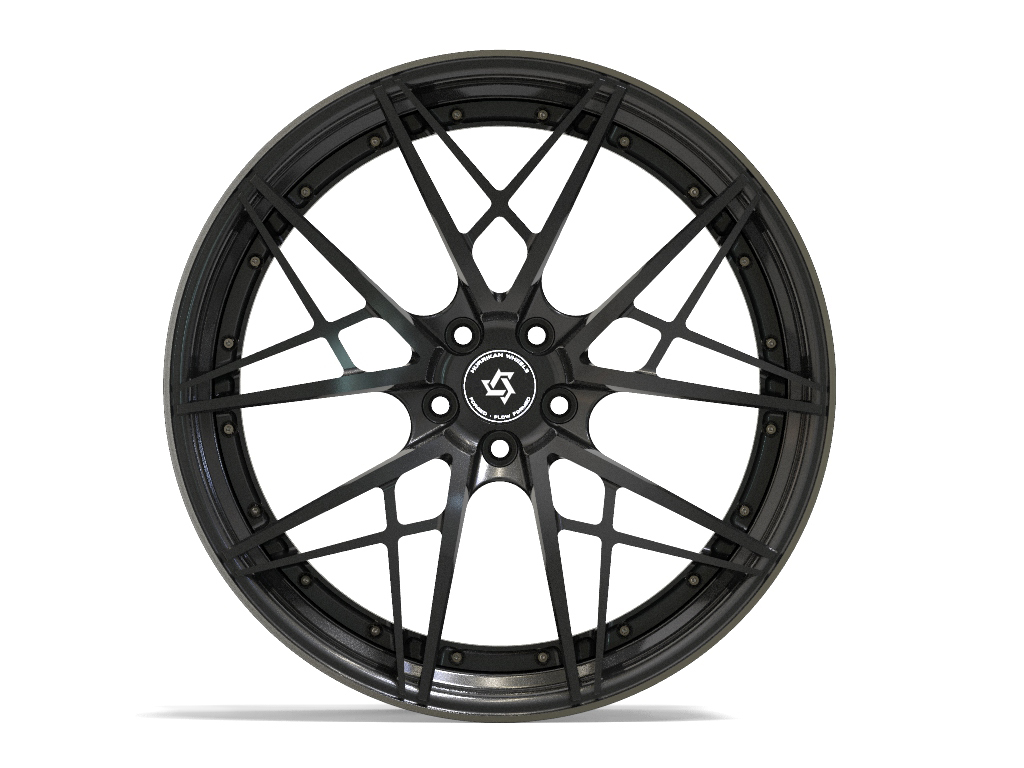Both Japan and Germany are strong car manufacturing countries, so their cars have a high reputation in the market. Because of culture difference, Japanese cars and German cars are totally different design concepts. There are often debates about which one of them is better, but there will never be conclusion, as it’s just like arguing about cheese cake and pancake which one tastes better.
On Nov. 23, Japan pulled off a 2022 World Cup shock by beating Germany 2-1 at the Khalifa International Stadium. It was the first time that Japan beat Germany on the football field. However, on the auto industry, Japan and Germany are completely equal rivals.
Both Japan and Germany are strong car manufacturing countries, so their cars have a high reputation in the market. Because of culture difference, Japanese cars and German cars are totally different design concepts. There are often debates about which one of them is better, but there will never be conclusion, as it’s just like arguing about cheese cake and pancake which one tastes better.

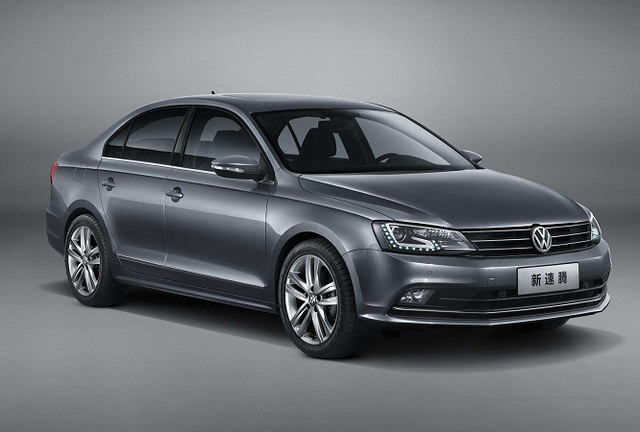
German cars include: Mercedes Benz, Audi, BWM, Skoda, Maserati, Maybach, Smart, Volkswagen, Artega, Melkus, Alpina, Brabus, Ruf, AMG, MAN, Porsche, AC Schnitzer, Borgward, TechArt, Wiesmann, Opel, etc..
Germany has a vast territory and a low density of population, thus there’s not many cars on the road and the highways are high-developed, very neat and smooth. And on some highways there’s even legally no speed limit. Meanwhile, Germany owns abundant energy and resources, so fuel consumption control is not in main consideration when a car is design, and what’s more important for Germans about a car is driving and shifting gear at a high rotation speed, which is why the maximum torque of Germany cars is around 4,000 r. As the first country to invent cars, Germany seldom try something innovated on the design of cars, so the styles of its cars are always common and conventional, with small inner space.
However, Germans’ character of being strict, striving for perfection, rigorous and focused is also reflected in the automobile industry. Germans are extremely strict to the structural and strength design of a car. They are able to make a car that’s solid enough with the less material. Besides, German cars have high-performance and run more stably at high speed, so the driver would have better driving experience.
Japanese cars are : Honda, Toyota, Suzuki, Hino, Lexus, Nissan,Mitsubishi, Scion, Infiniti, Isuzu, Acura, Subaru, Mazda,Mitsuoka, Daihatsu, etc..
Japan is a country lack of energy and steel, with population of high density. Therefore, traffic jam is easy to happen in Japan, so most Japanese cars are designed to be low fuel consuming and economical. Nowadays, Japanese civilian engines are the most advanced in the world, which are able to provide more power for the car and let it run further at lower fuel consumption.
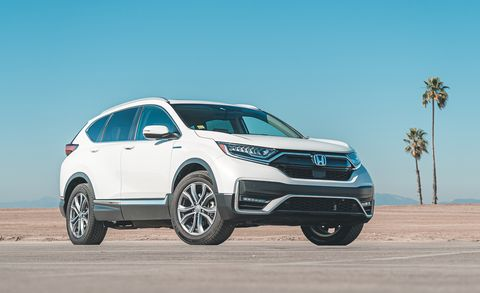
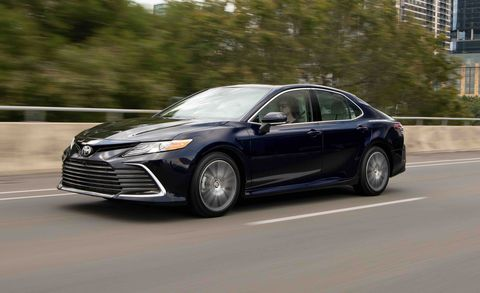
The Japanese engines are the best in the world. For example, Toyota Hybrid Sytem (THS) is a power shunt configuration. The main feature of power split is that 72% of the engine torque passes through the gear drive wheel; 28% of the engine torque drives the generator to produce electricity, which goes to the drive motor, which drives the direct drive wheel. (Note: 72% and 28% are related to planetary platoon transmission ratio)
Honda's Intelligent Multi-Mode Drive (IMMD) is a series-parallel configuration. In series mode, 100% of the engine torque drives the generator to generate electricity, which is sent to the drive motor, which drives the wheels; In parallel mode, 100% of the engine torque is transmitted through the gear drive wheel.
Of course the lightweight car body also greatly lower the fuel consumption, though this also reduce the safety of the car in a crash. Besides, Japanese cars have an obvious advantage : large room for passengers and trunk , as well as some ingenious design for storage, which improve the experience of drivers and passengers.
Both German cars and Japanese cars have their own advantages and disadvantages, so it’s hard to say which one is better. But if you ask a car mechanic, he might tell you an answer firmly. There’s a saying in car repairing industry: “ We would rather fix ten Toyota than one Volkswagen. ” This really make sense as the structure of a German car is too complicated, and the car shell and the accessories are heavy, so it need more time and strength to fix it, meanwhile the cost is high. Conversely Japanese cars have lighter shell and simpler structure. Besides, the designers of Japanese cars have considered the situation of repair in the future, so when one part of the car is broken, the mechanic only need to disassemble that part and fix it. Therefore, fixing a Japanese car is easier and cost less than fixing a German car.
If you don’t consider the cost, and want a car that have long lifespan, high performance and good quality, German car is a good choice for you. And if you want to saving money and don’t want to spend much on a car, and want a car with large inner space and better passenger experience, just pick a Japanese car.
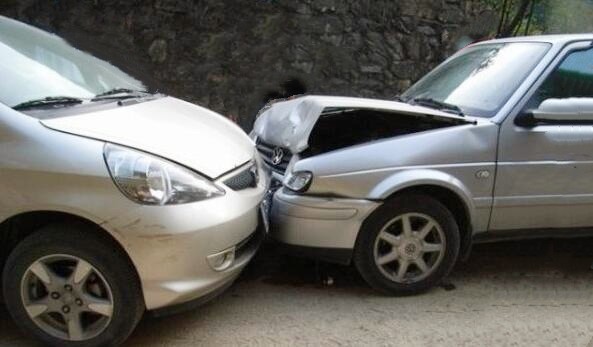
Jwheel, as an professional wheel manufacturer, concentrates in R&D and manufacturing of aluminum alloy wheels, including casting wheels, forging wheels and flow-form wheels. The products of it have passed the certifications of SEI、SEMA,VIA, JWL, JWL-T, TUV and so on. Since establishment, Jwheel has been developing steadily, with rich experience of designing and producing aluminum alloy wheels. It has earned the appreciation of both domestic market and foreign market with its high technology, good quality and customer service. It provided OEM service to many international brands like Vossen, OE Wheel, TSW, Rays, ProLine, Oxygen, AUTEC, etc., and it also provide ODM service, that is, for producing a new wheel, you can just provide a sketch, drawing or picture, and then Jwheel will finish the rest parts. By the way, the MOQ of forging wheels is four. (For more information, just go to the website: https://www.jjjwheel.com)
